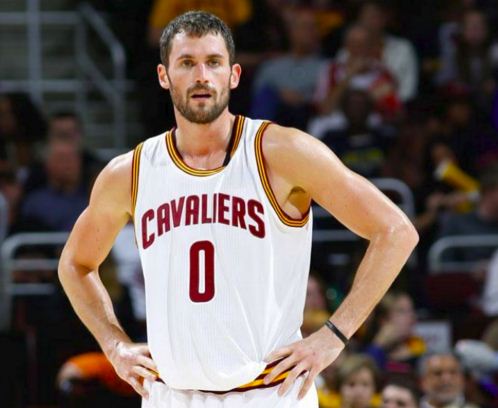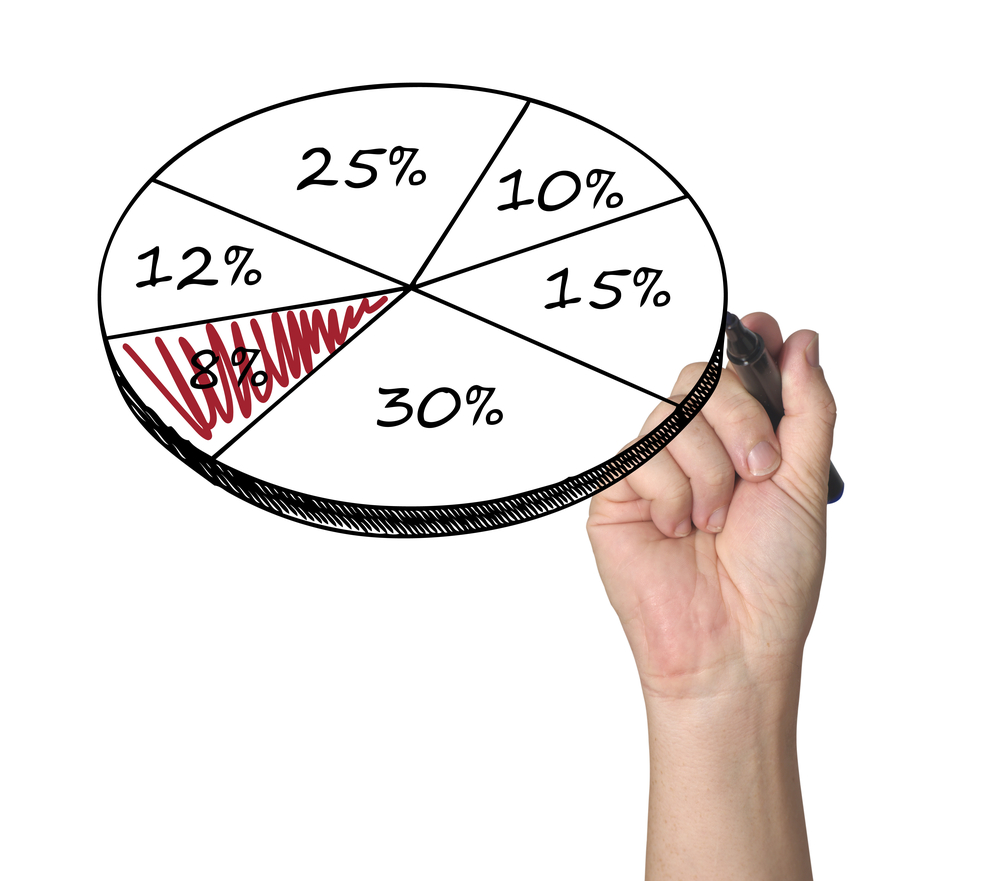In college, one of my roommates was a physics major (and now is getting his PhD in physics from a very good school, so we’re pretty much on the same level). Although I didn’t take many physics classes in my academic career, I have always been fascinated with the subject. I guess I’m more fascinated with the cool physics, like quantum physics, black holes, and space travel.
When I Say “Cool Physics,” I’m Not Just Being a Nerd
One concept I find especially interesting (and mind-blowing) is what’s known as Heisenberg’s Uncertainty Principle, named after physicist Werner Heisenberg. Basically, this principle states that the exact position and momentum of a particle (like an electron) cannot be precisely known.
There are a lot of way-more-complicated things that go into the principle, like wave-particle duality and tons of math. And sometimes it gets meshed with the Schrodinger’s Cat Paradox, which has quantum mechanics at its root but isn’t quite the same as the uncertainty principle. Anyway, for our DFS sake, let’s stick to the basic idea: You cannot precisely know the position (x) and momentum (p) of a particle.
Idea Sex: Prince’s Unreleased Autobiography?
One of the reasons that I keep up with physics and other subjects that aren’t really important to my job or career is idea sex, a concept that we’ve discussed before and that I first heard about from Jonathan Bales.
I think the best and most innovative ideas in fields are usually sparked by observations or revelations from things not in that field. Sometimes, we can be too close to something. Sometimes, we need to take a step back from Player Models and tournament leaderboards and see if we can approach things from a different light.
The DFS Version of Heisenberg’s Uncertainty Principle
So what’s the position and momentum that’s impossible to define in DFS? I believe that it’s game theory.
This is a bit abstract, but stay with me. Part of the reason that DFS is so fun is because it is a zero-sum game. Because everyone wants to win and thus tries to improve constantly, game theory and strategy evolve. By virtue of the game’s zero-sum nature, the game theory that participants employ is going to change continually as people find different edges. And this is why I thought of Heisenberg’s uncertainty principle when I was musing over MLB strategy.
Finding the “edge” is much like locating our physics particle: The moment you define it, it’s probably gone. Think about it in even non-quantum terms. Anytime you have something that is constantly moving (whether it’s physical like a train or something abstract like DFS strategy), you can’t really ever define its location. You can say where it was, instantaneously where it is, and where it’s possibly going, but the middle part is key. Once you’ve defined its location, it’s already moved elsewhere.
“Say My Name”
I’ve said before that I think the best DFS players aren’t the best because they have access to better data or stats (although I think that helps). Rather, they’re the best because they know that they have to adapt constantly and they’re able to do so. There is no general “DFS Tournament Strategy” in any sport. There are general heuristics — you want to target high-upside, under-rostered players who give you the best chance to win a tournament — but the actual process of making that happen constantly changes, whether you are utilizing stacks, paying up for a specific position that is undervalued in tournaments, and so on.
DFS users were forced to change, both before the season and now on the fly, because of DraftKings and FanDuel’s changes (and additional changes) to their MLB rules and scoring. Changing is tough to do, in part because people focus too much on the middle of our uncertainty problem: They’re constantly trying to find where winning strategy is at that exact moment, which is obviously problematic because of our principle. Once you locate it, it’s gone.
Given this, I think the best strategy move in DFS is to focus on the two other factors: the past and the future.
The Future is Another Future’s Past
Knowing the past is helpful because it helps you find biases, both within yourself and the public. While you probably don’t want to utilize past strategy (because it’s the common strategy), you do want to know it well. Solely stacking a quarterback and his top wide receiver is an example of a past strategy in NFL DFS. I don’t think that it’s as useful in tournaments anymore as a different kind of stack (whether it’s a whole team stack or some variation) — but it is useful to know that people still utilize that strategy a ton.
On the other side, it may seem silly to try to figure out where strategy is going (instead of where it is) yet I think that doing so is precisely how to be a profitable DFS player. It’s much better to be ahead of game theory than behind it, and, as we already said, it’s impossible to be on it.
I would encourage you to brainstorm where you think strategy is going. Whole-team stacks in the NFL became popular last year. What do you think will be a winning strategy next year? Perhaps you’ll be wrong, but perhaps you’ll be ahead of the game, which is the only profitable place to be.
Sophocles will disagree with me. He said, “Tomorrow is tomorrow. Future cares have future cures, and we must mind today.” Living in the present is a great life strategy (or maybe not, I don’t know) — but DFS isn’t the same as life. If we want to become great DFS tournament players, we must constantly balance the position and momentum of the past and future.





